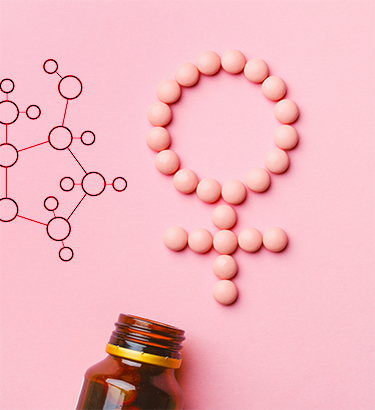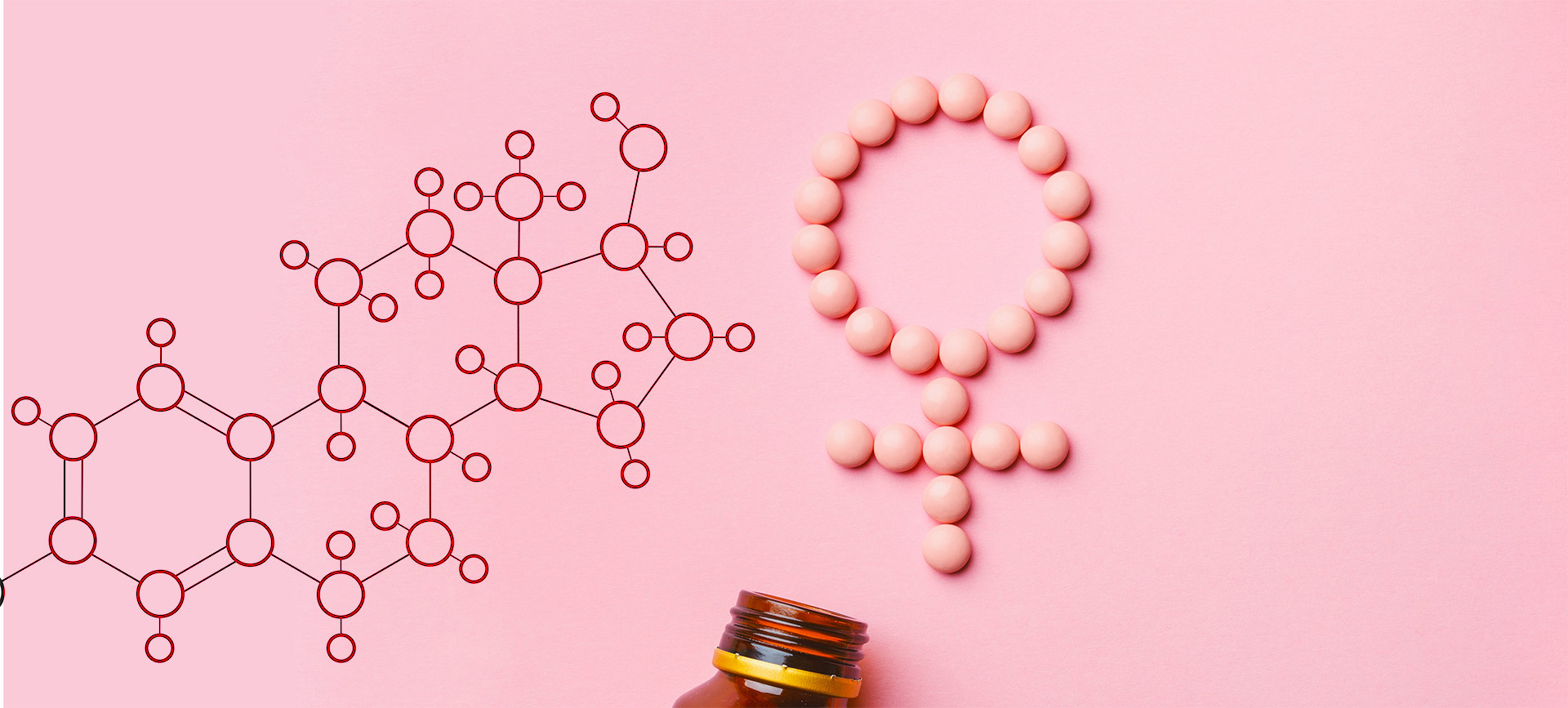Vaginal estrogen therapy is often used to help with the vaginal dryness that many women experience during menopause. The lack of vaginal moisture can cause discomfort, especially during sex.
"One of the common symptoms of menopause is vaginal dryness and it generally comes a little bit later in terms of the window of symptoms. Local estrogen can help restore the vaginal tissues," said Mache Seibel, M.D., an OB-GYN and a NAMS-certified menopause practitioner in Newton Centre, Massachusetts.
Vaginal estrogen therapy can also treat urinary tract changes, such as urgency, frequency and bladder infections. Menopausal women are at increased risk of urinary tract infections (UTIs). These symptoms collectively are called genitourinary syndrome of menopause, or GSM.
"Vaginal estrogen therapy is our most effective treatment for women experiencing symptoms of GSM," stated Barb DePree, M.D., an OB-GYN and NAMS-certified menopause practitioner in Holland, Michigan.
This therapy is effective because it specifically targets vulvovaginal and urinary symptoms. Unlike oral forms of hormone replacement therapy or patches, which affect generalized symptoms such as hot flashes and mood changes, vaginal estrogen therapy treats only localized vaginal symptoms.











